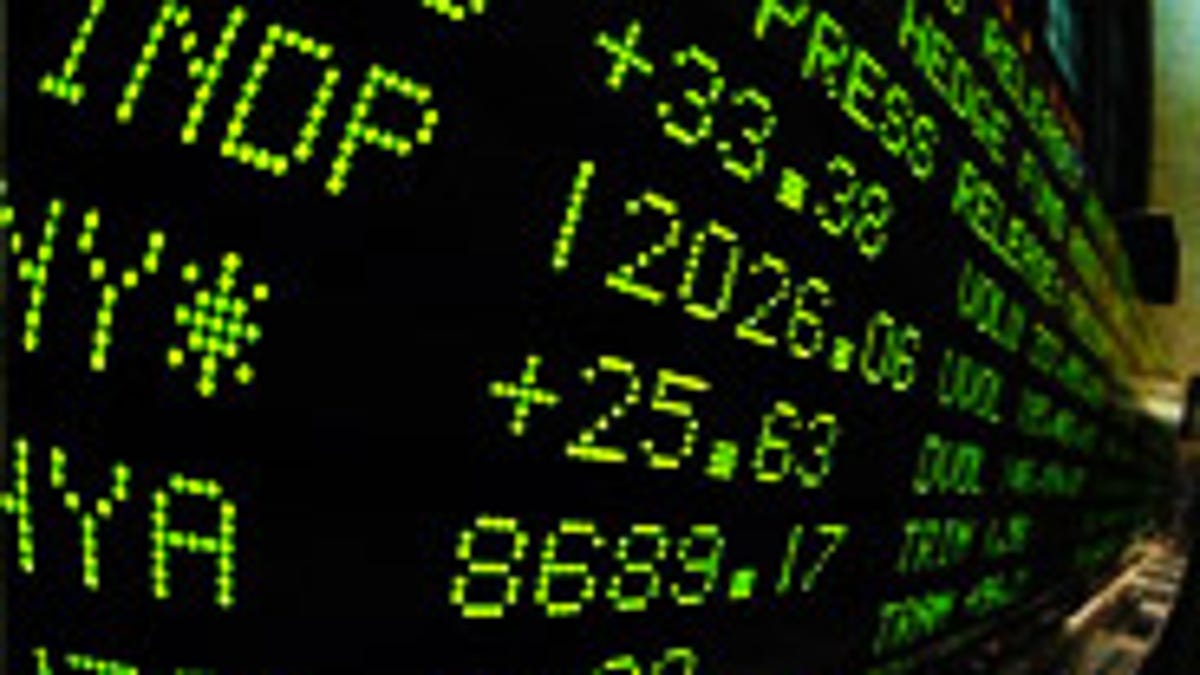SEC: Big trade caused market plunge in May
A single $4.1 billion trade carried out by computer-based sell order triggered the May 6 "flash crash" that shaved nearly 1,000 points off the Dow within a half hour, report says.

The U.S. Securities and Exchange Commission (SEC) and Commodity Futures Trading Commission (CFTC) released a joint report Friday that detailed the cause of the "flash crash" on May 6 that triggered the Dow Jones Industrial Average to plummet almost 1,000 points in the course of a half hour. The culprit, the report found, was a single $4.1 billion trade carried out by a computer-based sell order.
"This report identifies what happened and reaffirms the importance of a number of the actions we have taken since that day. We now must consider what other investor-focused measures are needed to ensure that our markets are fair, efficient and resilient, now and for years to come," read a statement from SEC Chairwoman Mary L. Schapiro and CFTC Chairman Gary Gensler.
The market losses recovered almost instantly, but nevertheless marked the biggest single-day point decline in the DJIA's history. At the time, it was unclear whether it had been caused by human or electronic error. The 104-page report, "Findings Regarding the Market Events of May 6, 2010," explains that the day was "an unusually turbulent day for the markets" in the first place, that "broadly negative market sentiment was already affecting an increase in the price volatility of some individual securities," and that such a stressed market climate can "trigger extreme price movements, especially if the automated execution algorithm does not take prices into account."
The report does not identify the exact source of the error other than saying it was "a mutual fund complex" and that the value of the faulty trade, 75,000 e-mini contracts sold as a hedge, was the aforementioned $4.1 billion. An Associated Press report cited a source who said that the unnamed trader is asset management firm Waddell & Reed, headquartered in Shawnee Mission, Kan.
A clarification was made to this story and its headline: it was a flaw in the electronic trading system, not a random electronic error, that caused the market plunge.

